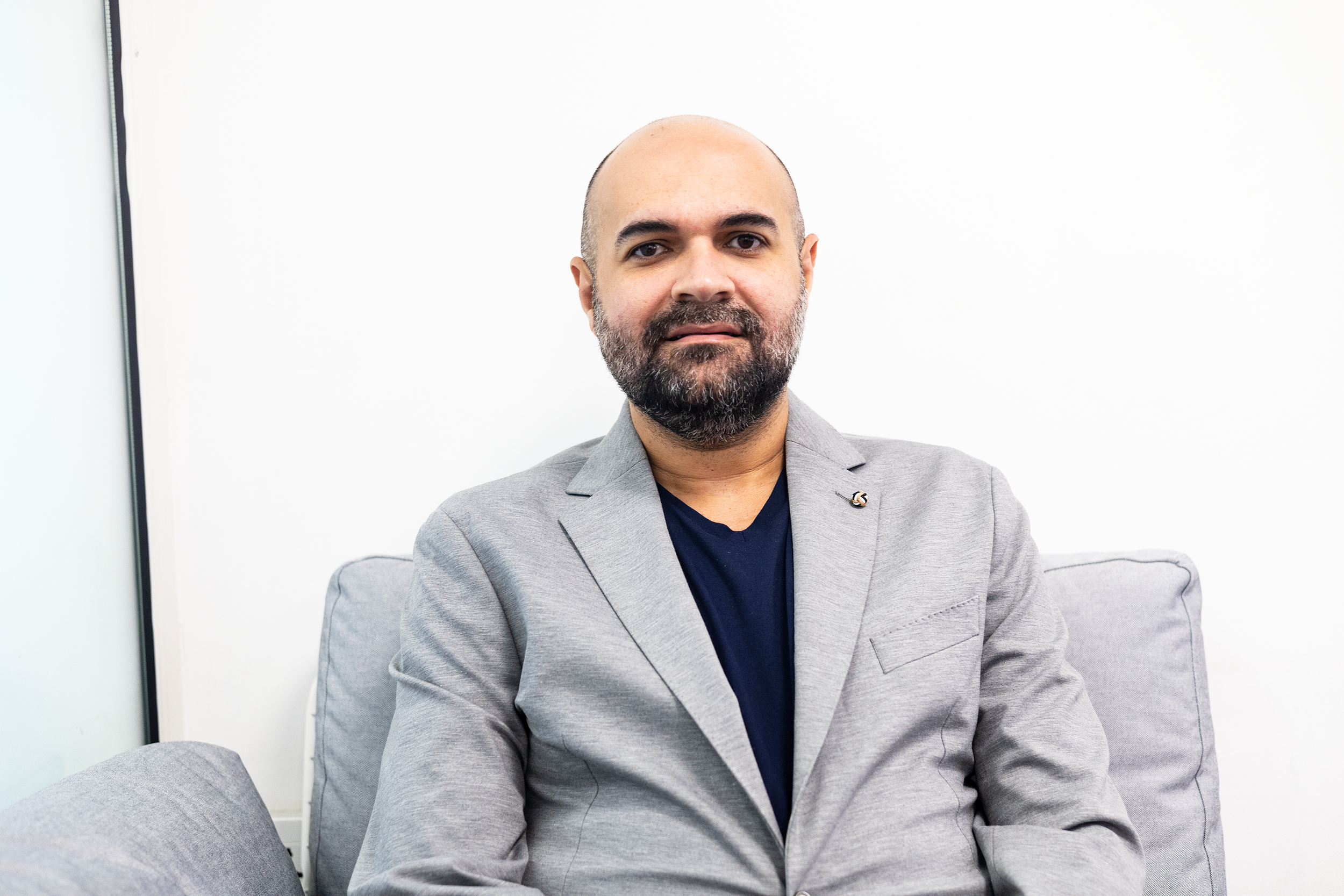Atef Fawaz, Executive Director, eHealth Africa
Less than a fortnight ago, the World Health Organisation, Director-General, Dr Tedros Adhanom Ghebreyesus warned that the impact of climate change may reverse the progress made in the fight against malaria. This according to him is due to “COVID-19-induced public health disruptions, humanitarian crises, drug and insecticide resistance, and global warming impacts”. As contained in the recently released World Malaria report, the changing climate poses a substantial risk to progress against malaria, particularly in vulnerable regions. This may just be another critical reason needed to lift the climate change/health nexus while ensuring effective mainstreaming of health in the global climate change agenda.
There is no gainsaying that developing countries like Nigeria and others must be on the alert to prepare for the potential impact of this new development necessitated by climate change. Despite the hysteria that greeted the reported number of Africa’s delegates (especially Nigeria) to the just concluded 28th United Nations Climate Change Conference otherwise referred to as Conference of Parties (COP28), It is pertinent to reflect on the economic and human resources invested in the event to explore actual opportunities.
The conference was no doubt a huge platform where thought leaders and experts across the world come together to chart pathways to address the climate crisis, and proffer succor on how vulnerable communities can adapt to the effects of climate change. This is in a bid to achieve the overall goal of net-zero emissions by 2050. With over 70,000 delegates expected to attend this important event every year; from business leaders, young people, climate scientists, Indigenous Peoples, journalists, and various other experts and stakeholders; the opportunities are boundless.
With the 2023 Intergovernmental Panel on Climate Change report revealing that over 3.5billion people live in areas that are vulnerable to climate change, it's just a matter of time before nations feel the impact if there are no effective measures for early preparedness and response against climate change. This may have contributed to the call for urgent action on climate change and health by the Global Health Community. This is also not a coincidence as similar calls were made before the 2022 Conference as the World Health Organisation reiterated the fact that, climate crisis continues to make people sick and jeopardizes lives. This yet again buttressed the call to make healthcare delivery amidst climate change a critical area of discussion during the conference. Thus it was not surprising when the COP28 Presidency joined with the World Health Organization to announce a new ‘COP28 UAE Declaration on Climate and Health’ (the Declaration) to accelerate actions to protect people’s health from growing climate impacts.
Thus developing countries like Nigeria have a huge opportunity to build on their participation in the conference to explore ways to alleviate the grueling impact of climate change on healthcare delivery and policies. One of the first signatory to the Declaration on Climate and Health, Malawian President Lazarus Chakwera revealed that extreme and unfavorable weather events have consistently displaced citizens, causing the spread of infectious diseases that has led to the death of thousands in countries like Malawi.
Nigeria specifically in recent times witnessed increased flood and rapid desertification. For instance, in the last 18 months, Nigeria experienced massive floods caused by global warming with huge economic and health implications like loss of lives, properties leading to chronic hunger and vulnerability to water-borne diseases. Also, the potential threat to livelihoods like agriculture and fishing is no doubt cause for concern with potential challenges of food security which negatively impact health and nutrition.
While a handful of organizations are taking both intentional and unintentional steps to combat the impending impact of climate change, it is vital to galvanize important stakeholders across all sectors to discuss their role in supporting the process. A typical example of such steps is eHealth Africa's deployment of a modular solution that involves the design and implementation of renewable energy solutions for healthcare facilities, especially in low-resource settings. The Renewable Energy for Public HealthCare (RE4PHC) solar system is designed to be deployed to health facilities with minimal access to power but at the same time reducing the emission of greenhouse gas from generating sets due to lack of electricity.
However there is need for public and stakeholder sensitization and coordination on the potential impact of climate change in the African region especially in Nigeria. Organisations and government agencies like Nigerian Park service, Great Green Wall, ministries of Agriculture, Marine and Blue economy amongst other Non governmental organizations both within and outside the region must coordinate to ensure effective action against climate change.
This is in a bid to further explore the causes and impact of climate change within and around the African context while educating the people on activities that have consistently escalated the current risk. A basket fund can also be created to pull resources from the public and private sector, especially companies whose activities contribute to emission of greenhouse gasses and global warming with support from international thought leaders and experts in climate change interventions.
The idea of dissecting the nexus between climate change and health is to ensure that Low and Medium Income (LMIC) like Nigeria to advance its aspiration to meet up with acceptable global standards as regards critical actions that aides early preparedness and response.
Atef Fawaz is the Executive Director of eHealth Africa. He is a Complex operations Management and ICT expert with experience in Humanitarian Response and Digital Health


